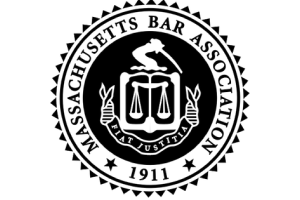Court Strikes Down Indictment Which Sought to Criminalize Invocation of Constitutional Rights
Jurisdiction: Middlesex Superior Court (Lowell)
Date: June 20, 2019
In a significant decision, the Honorable Justice Shannon Frison of the Middlesex County Superior Court recently dismissed an indictment charging our client with destruction of evidence under G.L. c. 268 § 13E. The indictment arose from a confrontation between our client and a Lowell Police Detective, during which our client destroyed a cell phone after refusing to submit to a warrantless search.
The case stemmed from a “shots fired” incident in Lowell on July 10, 2017. Our client was called to the Lowell Police Department the following evening for questioning. During the interview, our client denied any involvement in the incident. The detective then demanded either consent to a search of the cell phone or that our client surrender it while the detective applied for a warrant. Our client refused, leading to a physical altercation in which the detective attempted to forcibly seize the phone. In response, our client destroyed the device.
We filed a motion to dismiss the indictment on the grounds that it sought to criminalize our client’s invocation of their constitutional rights. We argued that the government’s attempt to punish our client for refusing a warrantless search violated their Fourth Amendment rights and Article 14 of the Massachusetts Declaration of Rights.
Judge Frison agreed, ruling that our client had the constitutional right to refuse the officer’s demand and to manage their personal property as they saw fit. The court held that the Commonwealth’s effort to indict our client for destroying the phone was in direct conflict with their constitutional protections against unreasonable searches and seizures.
Additionally, we argued that the indictment also infringed upon our client’s Fifth Amendment and Article 12 rights against self-incrimination. Compliance with the detective’s demand would have implicitly acknowledged the phone’s existence, location, and authenticity, effectively compelling self-incrimination. The court concurred, noting that our client had properly invoked their rights and that the detective had disregarded this invocation.
The court’s ruling underscores the importance of protecting individuals’ constitutional rights, particularly in situations where law enforcement attempts to circumvent established legal protections. The decision to dismiss the indictment serves as a reminder that the rights to privacy and against self-incrimination are fundamental and must be scrupulously upheld.
This case reinforces that the government cannot penalize individuals for asserting their constitutional rights, especially in the face of unlawful demands by law enforcement. The ruling affirms the broader principle that constitutional rights cannot be eroded through overzealous prosecution.





